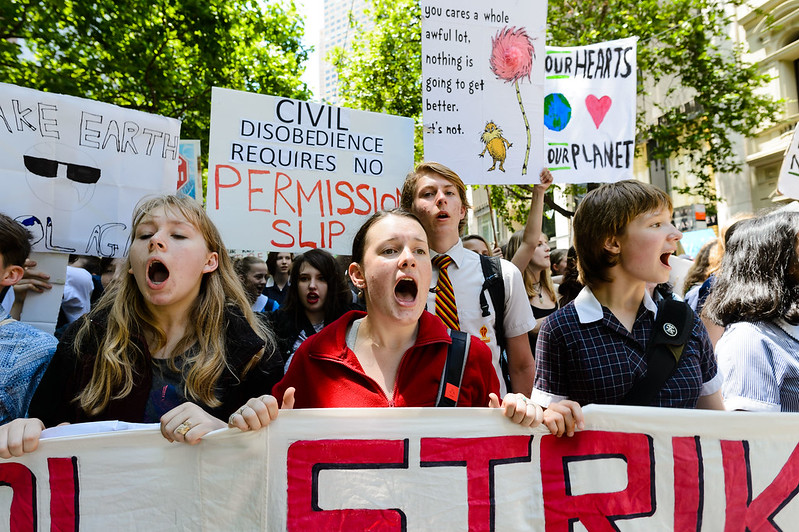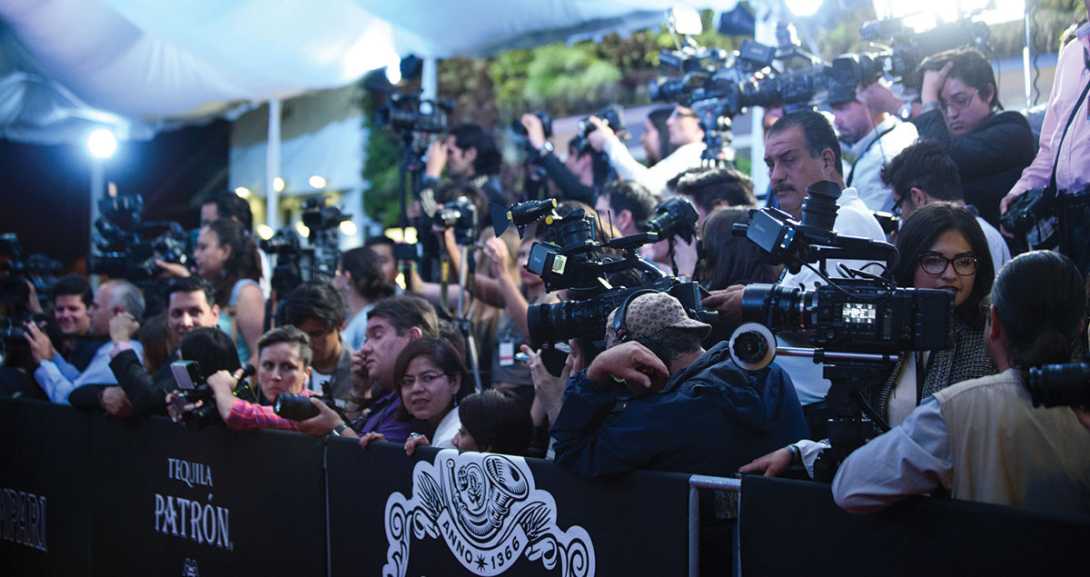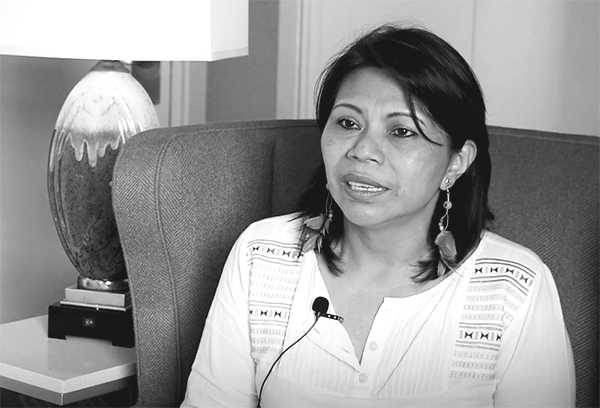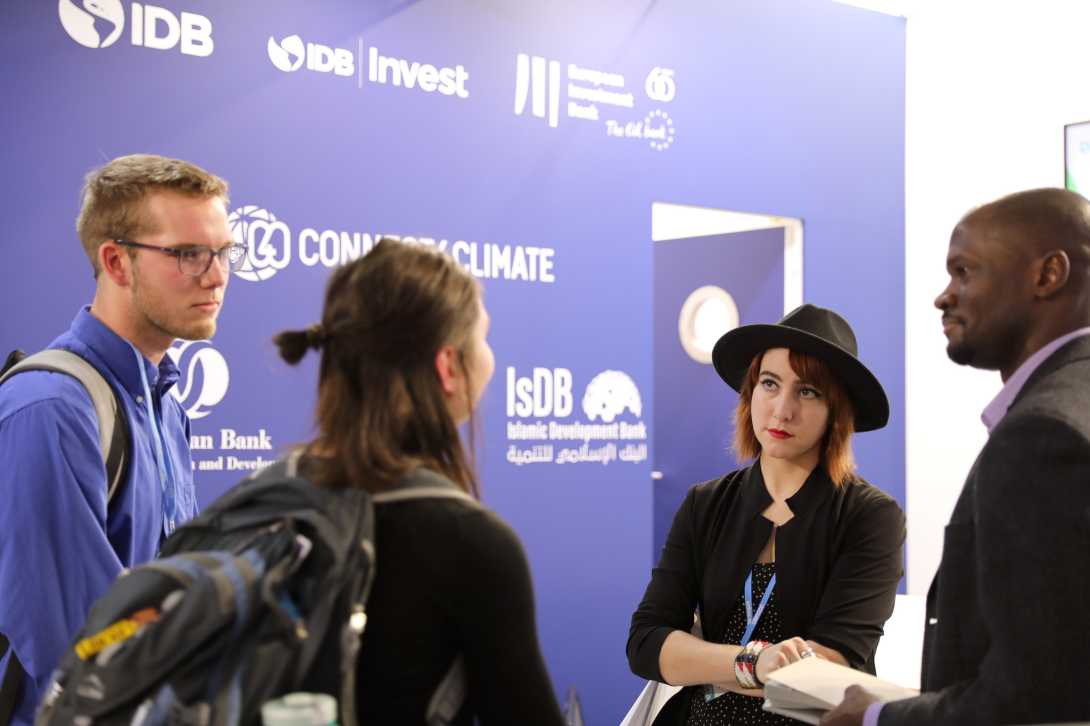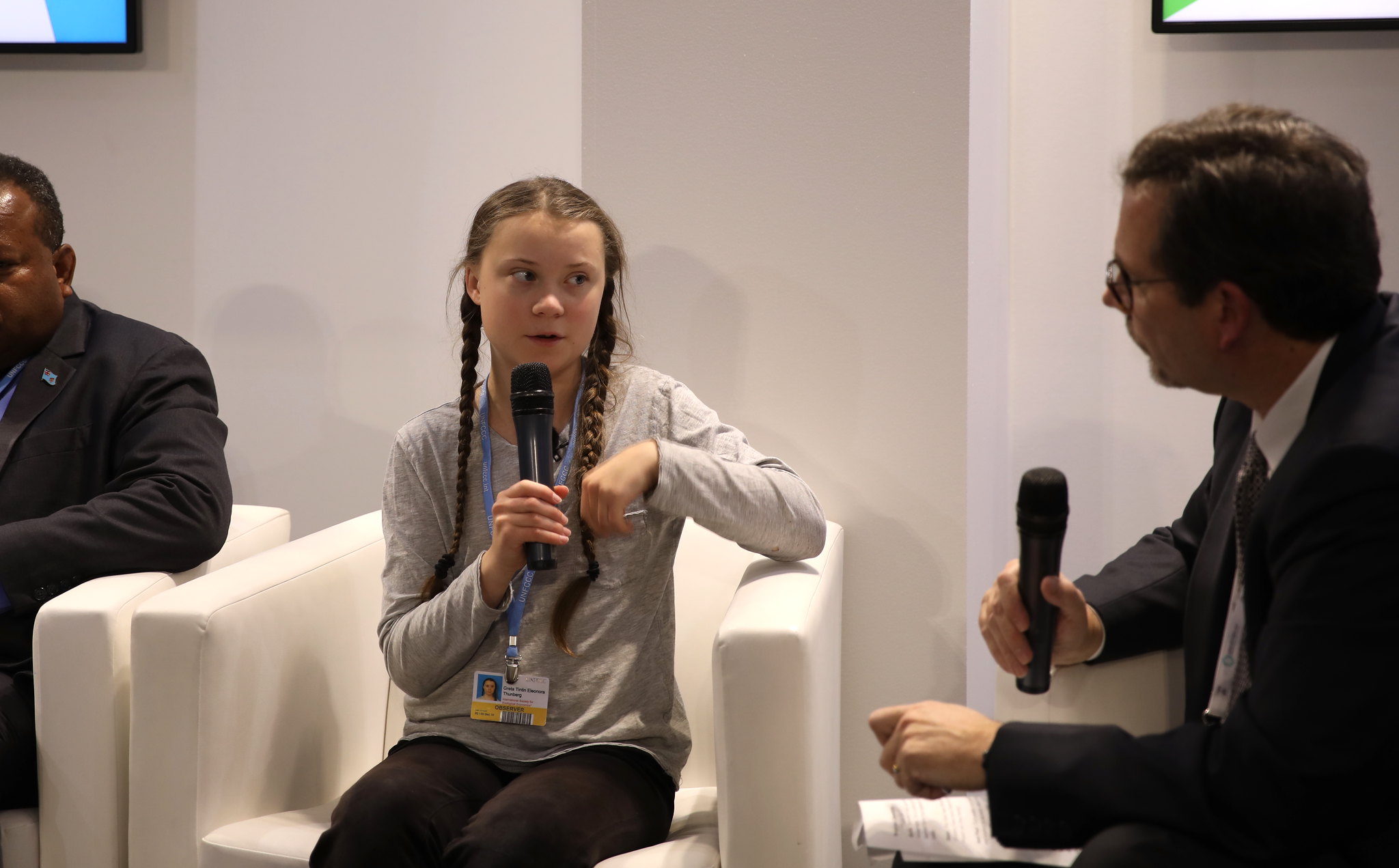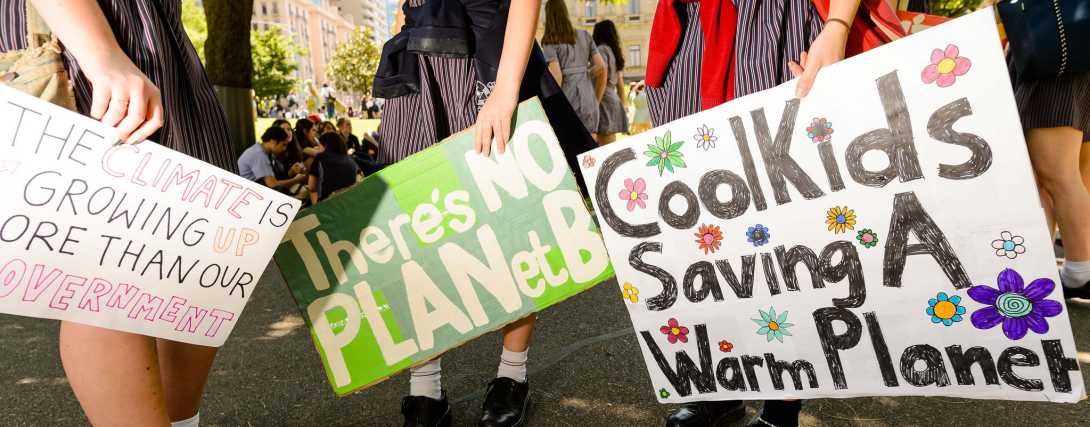
British PM says that the children on school strike are “wasting lesson time”. That may well be the case. But then again, political leaders have wasted 30 yrs of inaction. And
— Greta Thunberg (@GretaThunberg) February 15, 2019
that is slightly worse.#schoolstrike4climate #FridaysForFuture #ClimateStrike https://t.co/PoSCXin3VN
